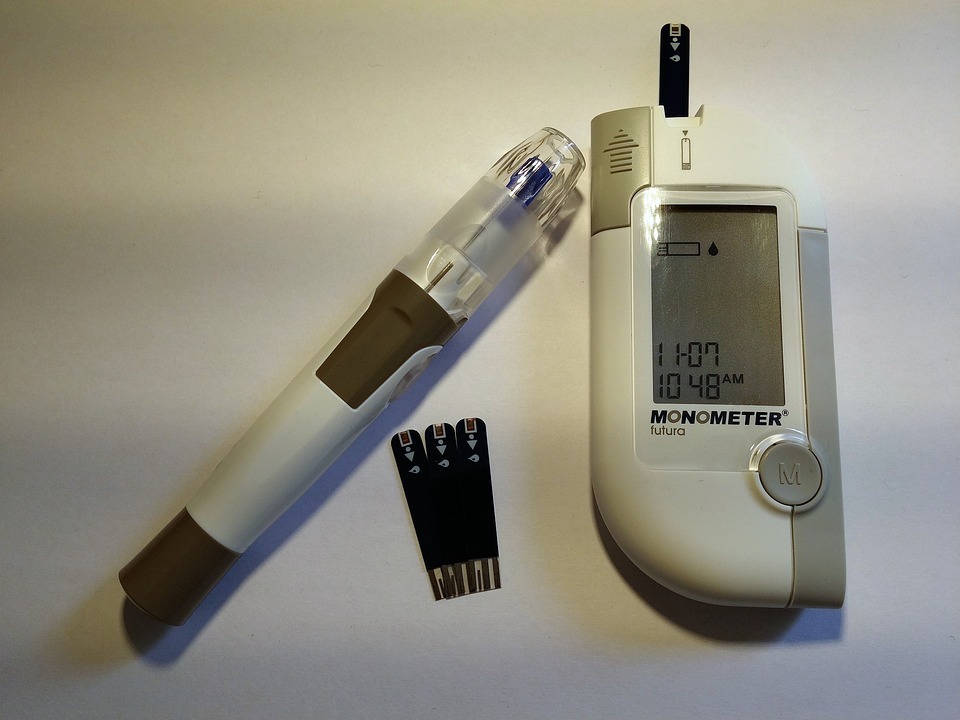Preventive Healthcare
Fasting Blood Sugar Levels: Everything You Need to Know
17713 Views
0

Are you curious about your fasting blood sugar levels and what they can reveal about your health? As one of the most significant indicators of diabetes risk, understanding this number is crucial for anyone looking to take charge of their well-being.
In this blog post, we'll explore how fasting blood sugar levels work, what they mean for your overall health, and strategies you can use to keep them in check. So whether you're newly diagnosed with diabetes or simply want to stay on top of your health game, read on to learn more!
What is Fasting Blood Sugar?
Your fasting blood sugar level is the amount of sugar in your blood after you have gone without food for at least 8 hours. The normal fasting blood sugar level is less than 100 mg/dL. If your fasting blood sugar level is between 100 and 125 mg/dL, you have a condition called prediabetes. This means you are at high risk for developing diabetes. If your fasting blood sugar level is greater than 125 mg/dL, you have diabetes.
How Does Blood Glucose Work?
Blood glucose, or blood sugar, is the primary source of energy for your body's cells. The carbohydrates you eat are broken down into glucose. Glucose is carried by your bloodstream to the cells throughout your body. Insulin, a hormone produced in the pancreas and released into the bloodstream, helps carry glucose from the bloodstream into your cells, where it can be used for energy. If too much glucose remains in the bloodstream instead of being absorbed by cells, it can cause health problems over time.
When Does a Person Need to Have their Blood Glucose Measured with this Test?
There are a few different times when your doctor may recommend that you have your blood sugar levels checked with this test.
- If you have symptoms of diabetes, such as increased urination, excessive thirst, or fatigue, your doctor will likely want to check your blood sugar levels to see if they are high.
- In addition, if you are overweight or have a family history of diabetes, your doctor may want to check your blood sugar levels periodically to see if you are at risk for developing the disease.
The HbA1c Test
- The HbA1c test is a measure of how well your body can control blood sugar levels over time. It's used to diagnose diabetes and prediabetes and to help guide treatment decisions.
- The HbA1c test measures the percentage of glucose (sugar) bound to haemoglobin, the oxygen-carrying protein in red blood cells. Glucose binds to haemoglobin more tightly when blood sugar levels are high.
- As red blood cells circulate throughout the body, they gradually lose haemoglobin. The HbA1c test reflects the average level of blood sugar over the past two to three months.
What is The Ideal Fasting Blood Sugar Level?
Your fasting blood sugar level is the amount of sugar in your blood after you have gone without food for at least 8 hours.
- A normal fasting blood sugar level is less than 100 mg/dL. If your fasting blood sugar level is between 100 and 125 mg/dL, you have a condition called prediabetes, which means you are at high risk for developing diabetes.
- If your fasting blood sugar normal range is greater than 125 mg/dL, you have diabetes. If your fasting blood sugar levels are consistently above 100 mg/dl, it is essential to talk to your doctor about your risks for diabetes.
How to Maintain Ideal Fasting Blood Sugar Levels?
- One of the best things you can do to maintain ideal fasting blood sugar levels is to eat a healthy diet.
- Exercising regularly is another great way to keep your fasting blood sugar levels in check. At least 30 minutes of daily exercise can help regulate your blood sugar levels. And if you’re at risk for diabetes, losing weight can also help lower your fasting blood sugar levels.
- If you’re already taking medication for diabetes, it’s important to take it as prescribed and to monitor your blood sugar levels closely. Working with your healthcare team can help you make sure you’re on the right track.
Risks Associated with High Fasting Blood Sugar Levels
- If you have high fasting blood sugar levels, it means your body is having a hard time processing sugar. This can lead to diabetes because the body cannot properly use insulin. It is needed to process sugar.
- High fasting blood sugar levels can also cause other health problems, such as heart disease, nerve damage, and kidney disease. If you have high fasting blood sugar levels, it's important to talk to your doctor about ways to lower them.
Food That Can Help Keep Fasting Blood Sugar Levels in Check
1. Whole Grains: Whole grains are a great source of fibre. They can help slow digestion and keep blood sugar levels stable. Examples include oatmeal, barley, quinoa, and brown rice.
2. Fruits: Fruits are packed with vitamins, minerals, and dietary fibre that can help reduce your risk of developing high fasting blood sugar levels. Try eating apples, oranges, berries, and other fresh fruits.
3. Legumes: Legumes are another good source of dietary fibre that can help keep your blood sugar levels steady. Examples include beans, lentils, peas, and chickpeas.
4. Low-Fat Dairy Products: Dairy products such as milk and yoghurt contain essential vitamins and minerals like calcium. This can help maintain healthy blood sugar levels over time.
5. Nuts and Seeds: Nuts and seeds provide healthy fats that can help regulate blood sugar levels by slowing down the rate at which food is digested in the body. Try adding almonds, walnuts, sunflower seeds, or pumpkin seeds to your diet for a nutritious snack option!
Conclusion
The fasting blood sugar test is an excellent way to determine your risk for diabetes. Knowing your levels of glucose can help you manage it, and paying attention to changes in fasting blood sugar levels over time will alert you if your risk begins to rise.
You must understand what glucose readings mean and how they can affect your health so that you can take appropriate steps towards managing it, such as changing diet or lifestyle habits. You can book the HbA1c test at your nearest Metropolis Healthcare lab at the best rates. Our ultra-modern diagnostic labs provide accurate and quick test results. You can also book a home visit with us at Metropolis Healthcare. Contact us today to learn about all we can do for you.























 WhatsApp
WhatsApp
